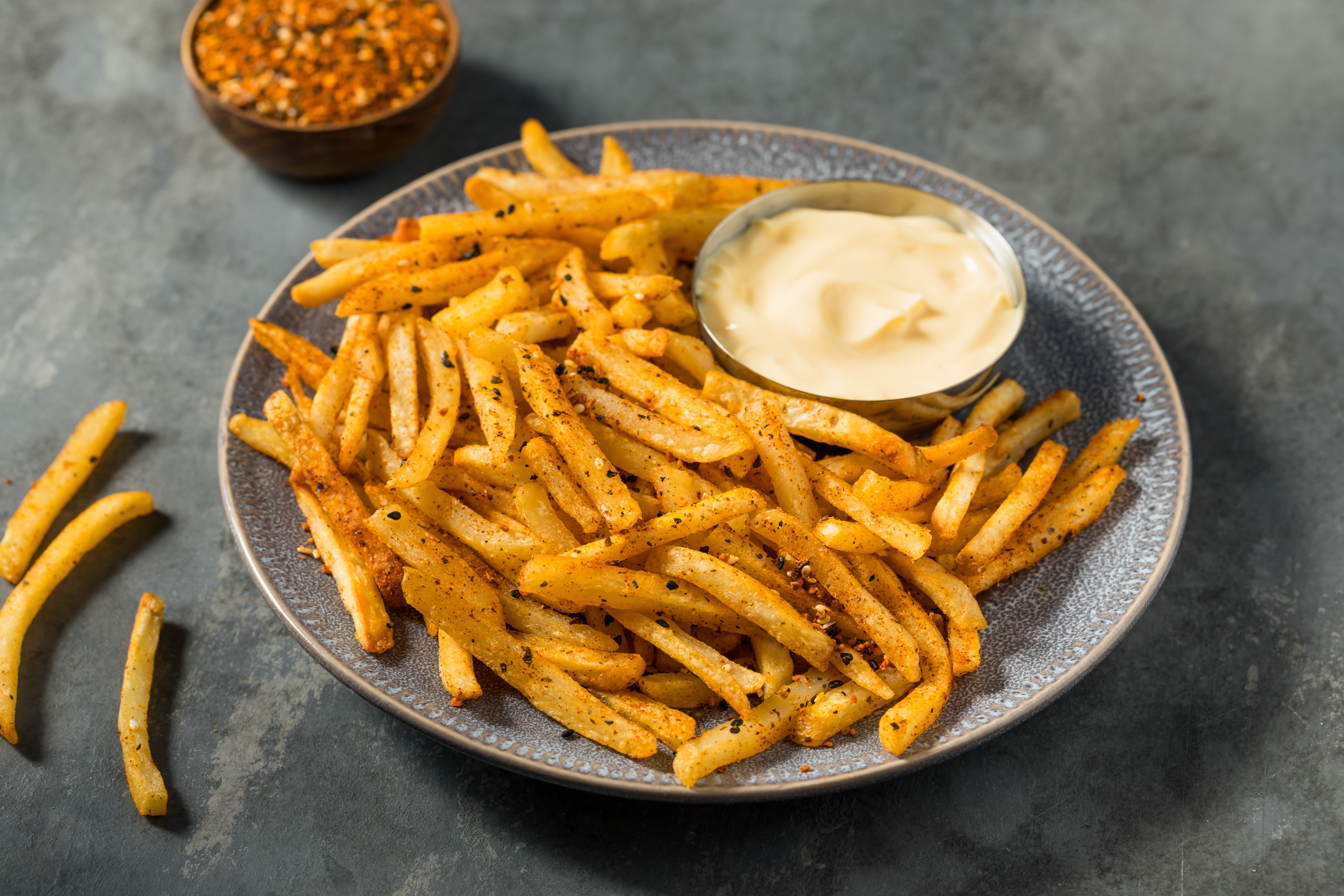Everyday Habits Secretly Sparking Chronic Inflammation in Your Body
Inflammation is a double-edged sword in the human body. On one hand, it's a natural defense mechanism that helps fight off infections and heal injuries. On the other, chronic inflammation can be a silent saboteur, slowly wreaking havoc on your health. The latter is linked to a host of diseases, including heart disease, diabetes, and cancer. While some causes of inflammation are well-known, such as smoking and obesity, others lurk in the shadows, quietly contributing to your body's internal chaos. This article aims to uncover 11 hidden inflammatory culprits that you might be unintentionally inviting into your life. By identifying and dodging these stealthy saboteurs, you can take significant steps toward a healthier, inflammation-free existence. As we delve into these hidden culprits, you'll gain insights into how everyday choices and environmental factors can impact your body's inflammatory response. Understanding these connections is key to making informed decisions that promote long-term health and well-being.
1. The Sugar Trap

Sugar is often referred to as a hidden enemy in many diets. While it adds sweetness to your favorite treats, it can also fuel inflammation in the body. High sugar intake, especially from processed foods and sugary beverages, can lead to increased production of inflammatory cytokines. These are proteins that signal inflammation, and their overproduction can contribute to chronic diseases. Moreover, sugar consumption can cause spikes in blood glucose levels, leading to insulin resistance, a precursor to diabetes and a known inflammatory condition. Reducing sugar intake is crucial, but it's not just about cutting out obvious sources like candy and soda. Hidden sugars lurk in many processed foods, including sauces, bread, and even savory snacks. Reading labels and choosing whole, unprocessed foods can help you sidestep this inflammatory trap. By being mindful of sugar's presence in your diet, you can significantly reduce its inflammatory impact and improve your overall health.
2. The Sneaky Role of Trans Fats

Trans fats are another hidden culprit that can contribute to inflammation. Found in many processed foods, these artificial fats are used to extend shelf life and improve texture. However, they can have detrimental effects on your health. Consuming trans fats can increase levels of LDL cholesterol (the bad kind) while reducing HDL cholesterol (the good kind), leading to inflammation and an increased risk of heart disease. These fats can also interfere with the body's ability to manage inflammation naturally. While many countries have taken steps to reduce or ban trans fats in food products, they can still be found in some baked goods, margarine, and fried foods. It's essential to read labels carefully and avoid products containing partially hydrogenated oils, the primary source of trans fats. By eliminating trans fats from your diet, you can reduce inflammation and protect your heart health, paving the way for a more vibrant life.
